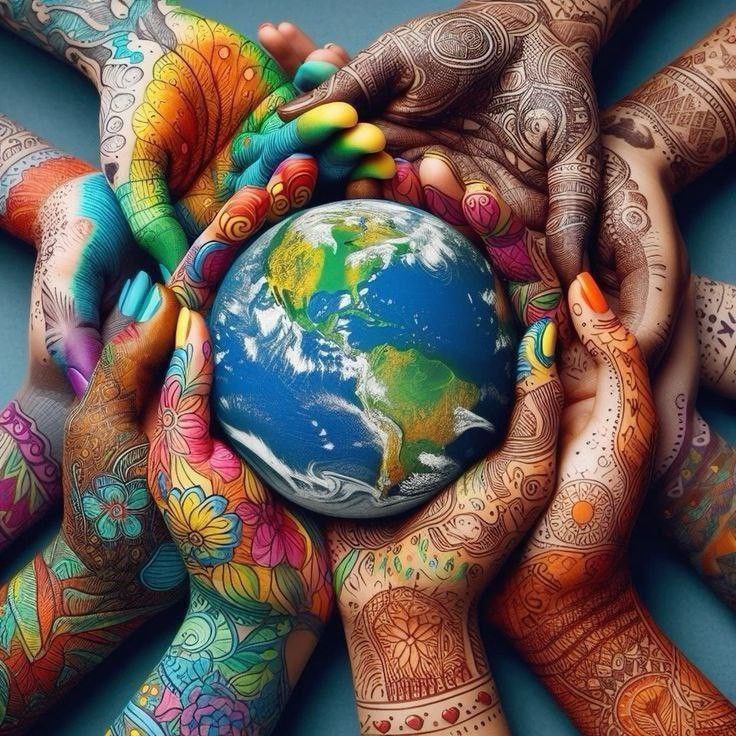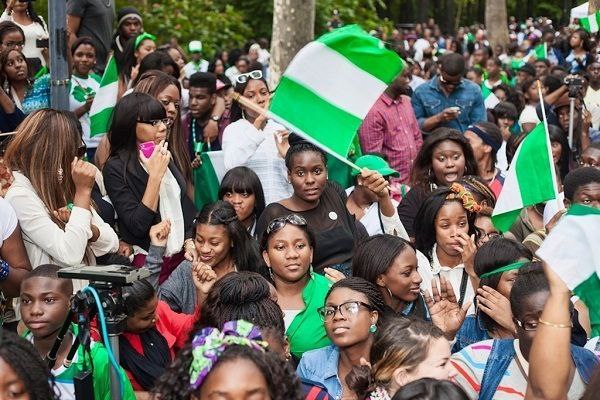
In Nigeria, we are raised to believe that things will “fall in place” if we just pray harder, wait longer, and trust more.
But time and again, elections come and go; promises are made and broken; and hardship thickens, just like the Lagos traffic!
That’s the backdrop of the book, “God Did Not Come to the Party”, a bold and deeply Nigerian story about a generation betrayed by its leaders, waiting for the ‘divine rescue’ that never comes.
The title is no joke. It’s a statement. A challenge.
A question: What if God didn’t show up because we didn’t invite ourselves to the process?
A PARTY WITHOUT THE PEOPLE
The “Party” in the book is a metaphor. It refers to both Nigeria’s democratic elections and the leadership table.
Politicians wine and dine, campaign and lie, make promises coated in scriptures and nationalism, and then disappear once elected.
For the youths—jobless, voiceless, exhausted, it feels like we were not only left out of the party, we were never expected to attend.
We stood outside, hopeful. We prayed. We protested.
And when nothing changed, we realised: God did not come to the party, but maybe we didn’t either.

A CRY FROM THE G6
The six central characters in the book, namely; Emeka, Adamu, Boma, Aisha, Bala, and Ayodeji represent Nigeria’s six geopolitical zones.
They are fictional, yes, but their stories are real. They are young Nigerian professionals – doctors, engineers, media entrepreneurs, well educated, but fed up with the Nigerian situation, especially the plight of the Nigerian Youth in the current scenario.
So, they come together, not just to vent in frustrations, but to initiate conversations, which raise awareness, compel deep thoughts, and encourage realistic and sustainable actions.
Their conversations echo what most Nigerians feel:
• Why is a country that is this ‘rich’ in oil, and other resources still this poor?
• Why are the Youth called “lazy” when they play their part in the economy?
• Why does a pastor own a jet while his Church members queue for rice?
• Why does Nigeria feel like a place God turned His back on?
In all of these, year after year; from one election cycle to another, it appears as if God is ‘silent’ amidst the challenges and the plight of the Nigerian Youth in particular.
WHAT THE ‘SILENCE’ REALLY MEAN
The phrase “God did not come to the party” is not blasphemy.
It’s a wake-up call.
It is what you say when you’ve waited too long for external help.
The time when divine intervention starts to feel like an excuse for human inaction.
SO WHAT MUST WE DO?
The message of the book is this:
• Stop depending solely on prayer, add committed and practical action;
• Stop expecting miracles to suddenly happen, but start organizing yourself;
• Stop blaming God, but rather demand accountability from your leaders;
• Stop sitting at home during elections, rather go vote, and protect your vote.
CONCLUSION
“God Did Not Come to the Party” is a modern Nigerian parable.
It reminds us that faith is not a substitute for civic duty, and hope is not a strategy without work.
If the Nigerian Youth want to see change, we must become the ‘Guests of Honour’ at the next ‘party’.
We cannot remain comfortable as mere guests, we must become part of the hosts of the party.
Because if God didn’t come, maybe it’s time we did.
3 Comments
Great Read, thought provoking , & a call to move to the next gear
Great Read, thought provoking , & a call to move to the next gear
Great Read, critical thinking in action, & a call to move to the next gear